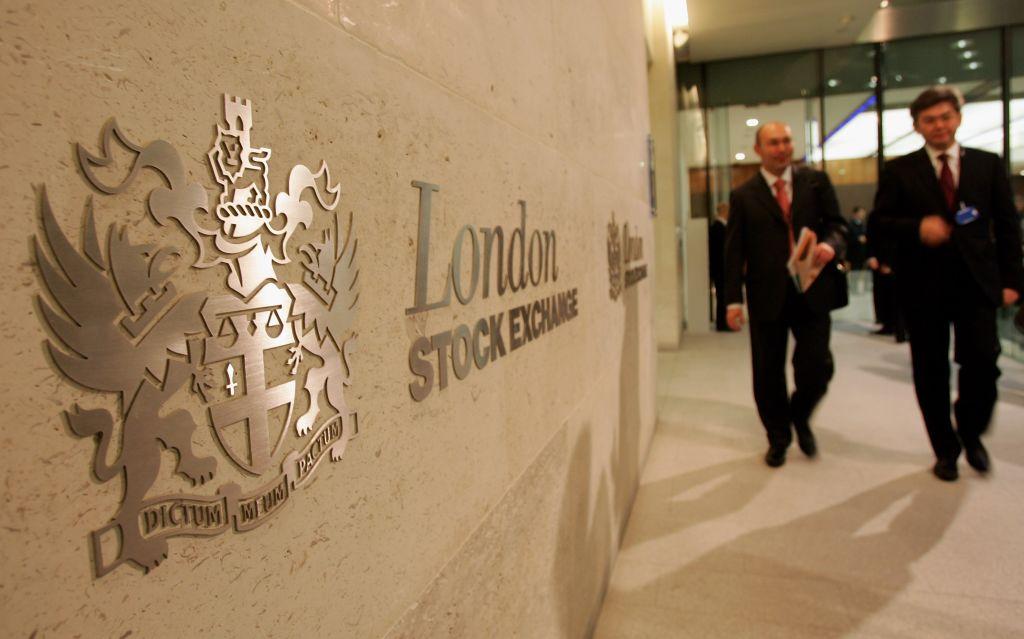How to Safely Trade on the London Stock Exchange
The London Stock Exchange is one of the oldest stock exchanges in the world. How can investors safely trade on the London Stock Exchange?
Dec. 15 2020, Published 10:54 a.m. ET

Adding some foreign stocks to your investment portfolio increases its diversification and gives you exposure to various national economies. The U.K. is home to some multinational oil and pharmaceutical companies. Here’s how investors can safely trade on the London Stock Exchange (LSE).
The London Stock Exchange is the main stock exchange in the U.K. and the biggest stock exchange in Europe. It's one of the oldest stock market exchanges in the world. The LSE has a market capitalization of about $4.6 trillion as of April 2018. The LSE competes with the NYSE in terms of trade volume and market capitalization.

What is the London Stock Exchange?
The London Stock Exchange is physically located in London, England. In October 2007, the London Stock Exchange Group was formed when the London Stock Exchange merged with the Milan Stock Exchange. The LSE is divided into two main sections:
- The Main Market is where the U.K.’s established high-performance companies’ stocks trade. The Main Market has strict listing requirements. As of May 2019, about 1,158 of the LSE's company listings trade on the Main Market with a total market capitalization of nearly 3.7 trillion pounds.
- The AIM (Alternative Investment Market) launched in 1995. The AIM trades in small-caps or new companies with high growth potential. Nearly 3,500 companies are listed on the AIM.
The LSE’s Professional Securities Market allows companies to raise funds by listing specialist securities like depositary and debt receipts. Trading of derivative products is available on the LSE’s Turquoise Derivatives (TQ) platform. The platform allows you to trade Norwegian Futures and options on Norwegian stocks and indices.
London Stock Exchange's index
The stock market index of the London Stock Exchange is referred to as FTSE. The term "FTSE" stands for Financial Times and Stock Exchange. The FTSE 100 Index is the primary share index consisting of the 100 most highly capitalized U.K. companies that are listed on the LSE. The other most popular indices include the FTSE 250, the FTSE 350, and the FTSE All-Share.
How many companies are listed on the London Stock Exchange?
Currently, there are about 2,600 companies from more than 60 countries listed on the London Stock Exchange including companies in China, Africa, Latin America, and Asia. The largest companies trading on the LSE are Royal Dutch Shell, BP, AstraZeneca, HSBC Holdings, and GlaxoSmithKline.

Can U.S. investors buy stocks on the London Stock Exchange?
U.S. investors can buy stocks listed on the London Stock Exchange. The easiest way to invest in British companies is by purchasing the U.K. stocks with U.S. ADRs. You can also open an international stock trading account with brokers, like Interactive Brokers, to buy stocks listed on the LSE.
How to buy stocks on the London Stock Exchange
When you purchase international stocks, knowing how to trade is as important as finding the best broker. Here’s how U.S. investors can buy stocks listed on the LSE:
- Multiple U.S. discount stock brokerage firms allow customers to buy and trade international stocks in certain foreign markets. With this type of brokerage account, you can look up a British company’s share prices on the LSE and place orders to buy the stock directly.
- Shares of foreign firms can trade on U.S. stock exchanges in the form of ADRs. ADRs are foreign shares held in trust by a U.S. bank. U.S. investors can easily invest in British companies like BP or GlaxoSmithKline.
